20 GPTs for Case Law Powered by AI for Free of 2026
AI GPTs for Case Law are advanced artificial intelligence tools developed to support and enhance the study, analysis, and application of case law. Utilizing Generative Pre-trained Transformers (GPTs), these tools are engineered to understand and generate text based on vast datasets of legal documents, case summaries, and judicial opinions. They are tailored to assist in legal research, drafting legal documents, and providing insights on legal precedents, thereby serving as specialized solutions for legal professionals and scholars.
Top 10 GPTs for Case Law are: UK Law,Australian Tax Advisor,AI 변호사 LexBot 법률상담,US Law,Legal Explainer+,JusValdo,Law GPT (Tort Law UK),Sarah - Assistente de Pesquisa de Jurisprudência,Pripravnik,LegiPT
UK Law
AI-powered UK Law Exploration

Australian Tax Advisor
Empowering tax decisions with AI-driven insights.

AI 변호사 LexBot 법률상담
AI-powered legal consultation at your fingertips

US Law
AI-Powered Legal Insight at Your Fingertips
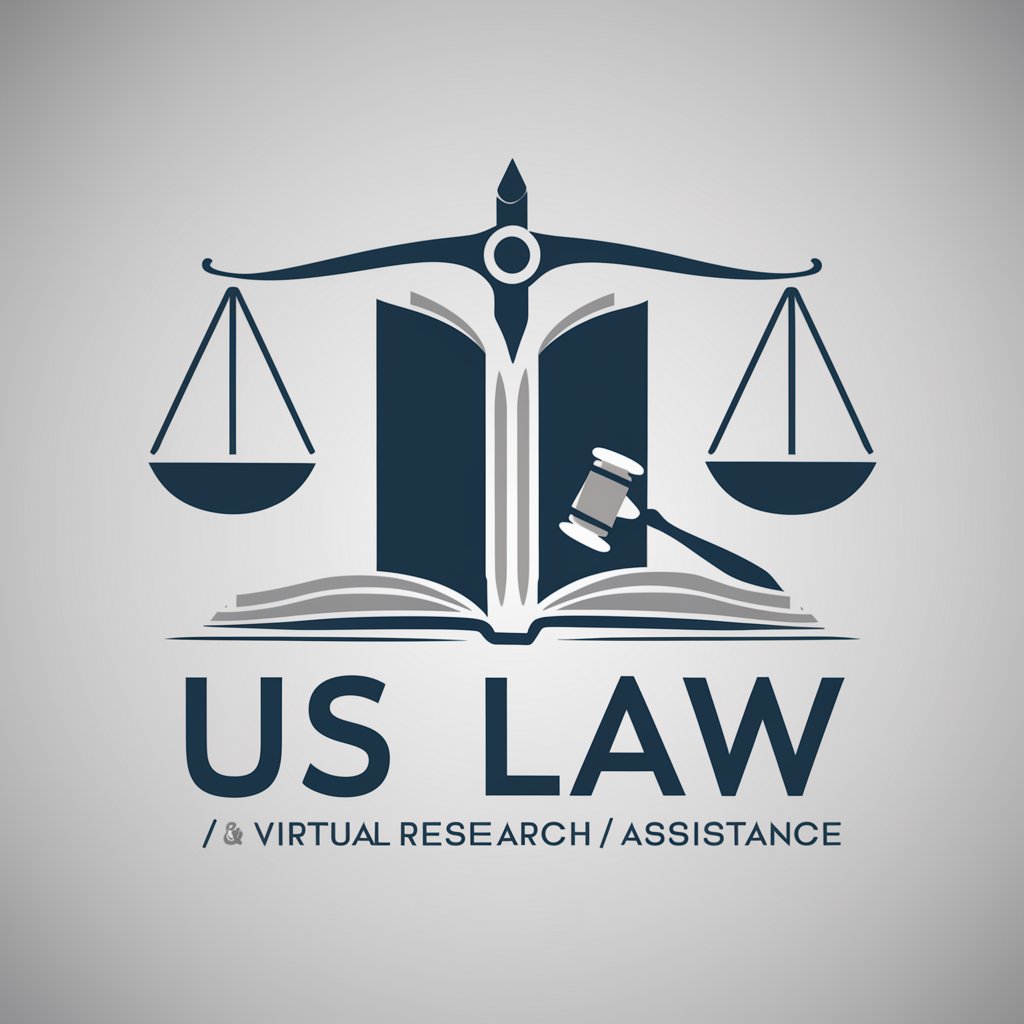
Legal Explainer+
AI-powered legal insights for Oklahoma

JusValdo
AI-driven assistant for Brazilian legal research
Law GPT (Tort Law UK)
AI-powered assistant for UK tort law.

Sarah - Assistente de Pesquisa de Jurisprudência
AI-powered Brazilian legal research assistant
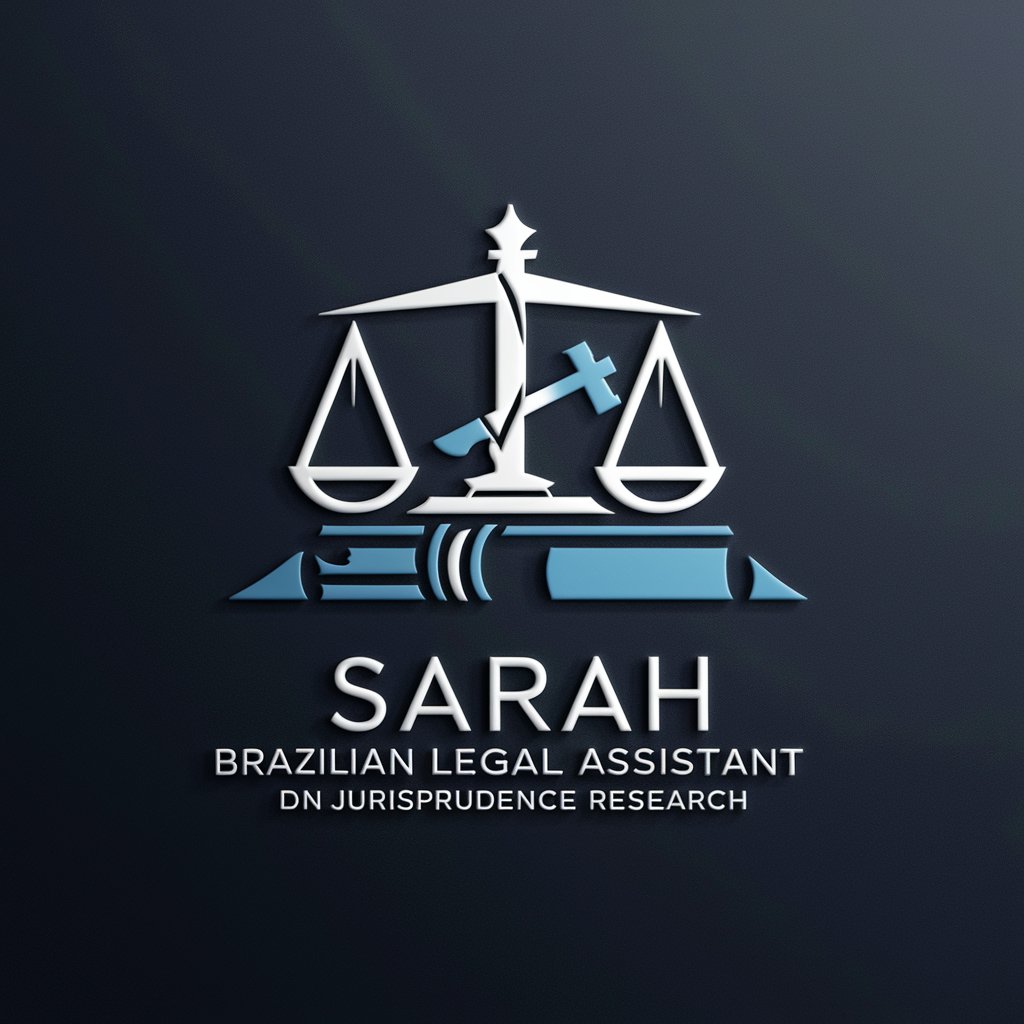
Pripravnik
AI-Powered Legal Document Analysis
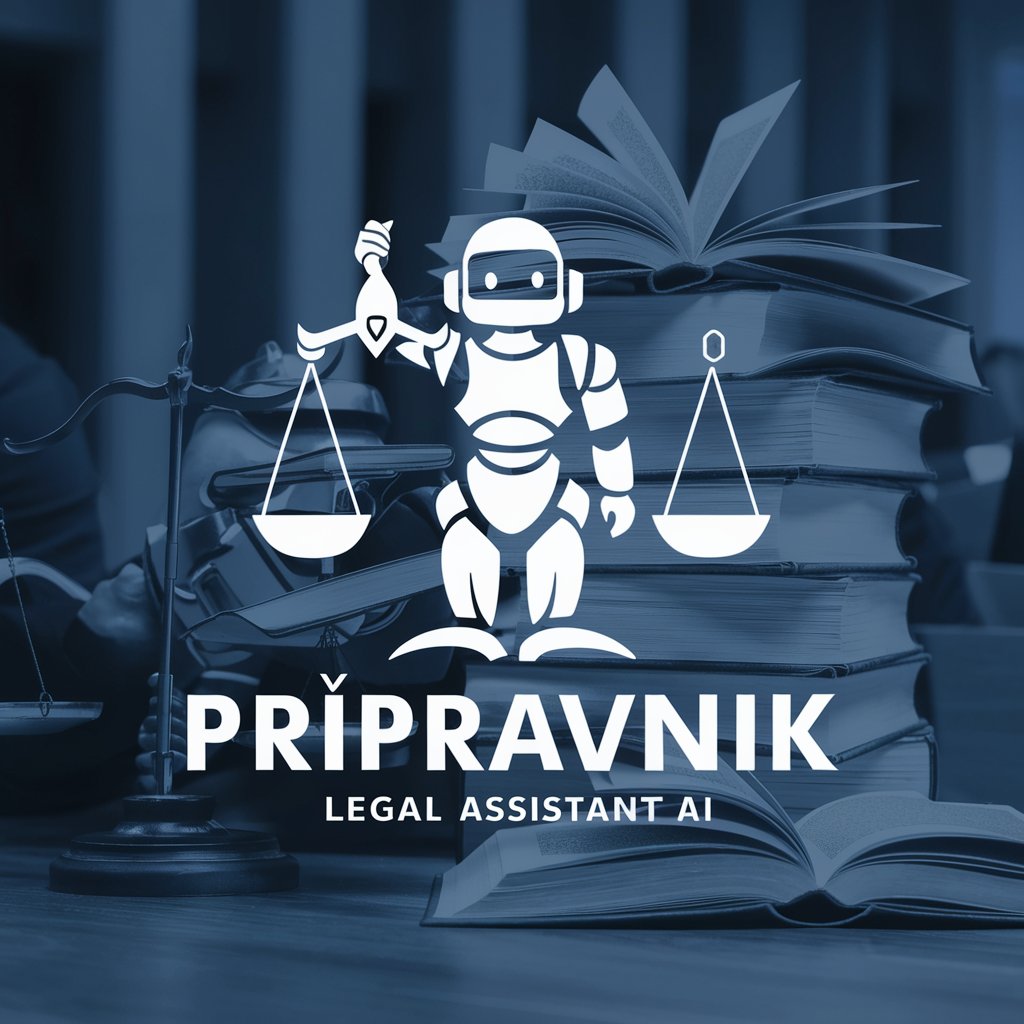
LegiPT
Expert Legal Guidance at Your Fingertips

Nepali Law Padeko Dai
Empowering Legal Discovery with AI

Legal Research Turbo 4.5 GPT
Powering Legal Research with AI
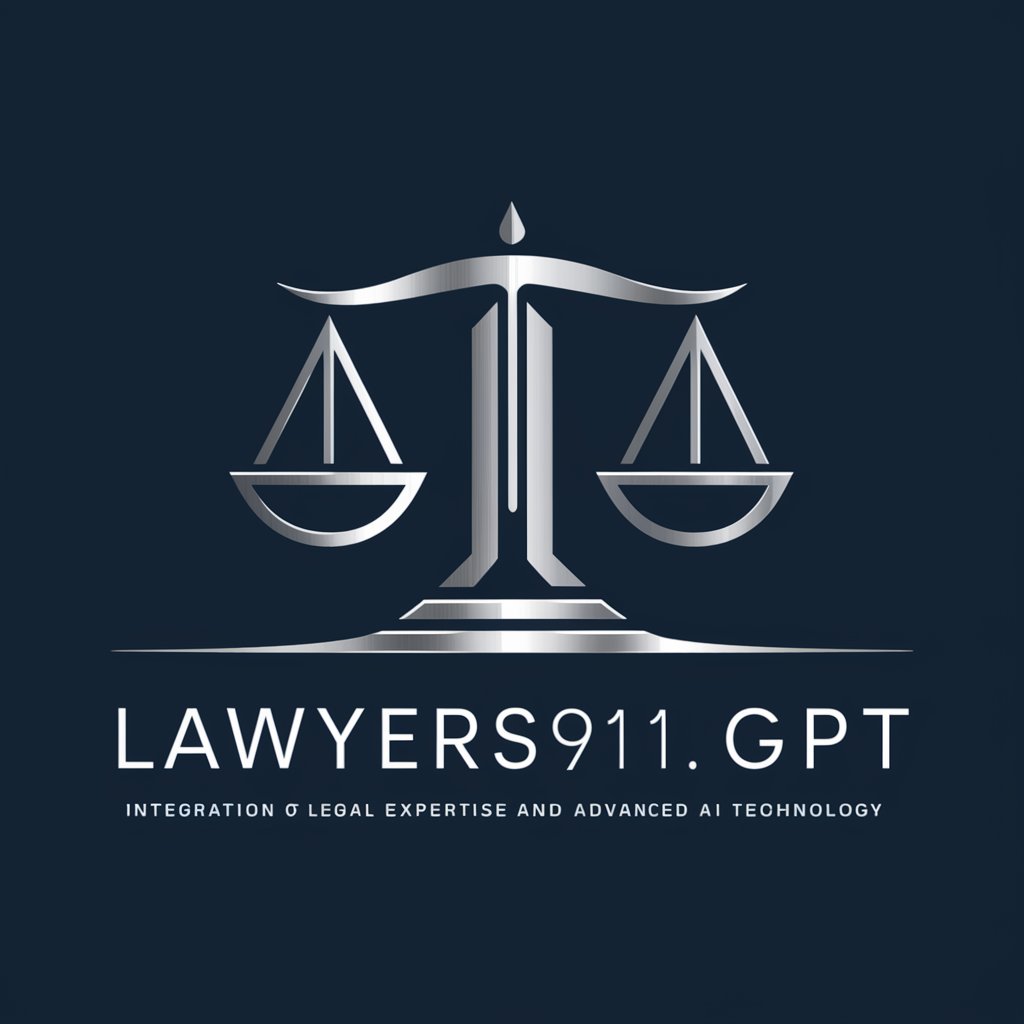
Irish Law Navigator
Demystifying Irish Law with AI
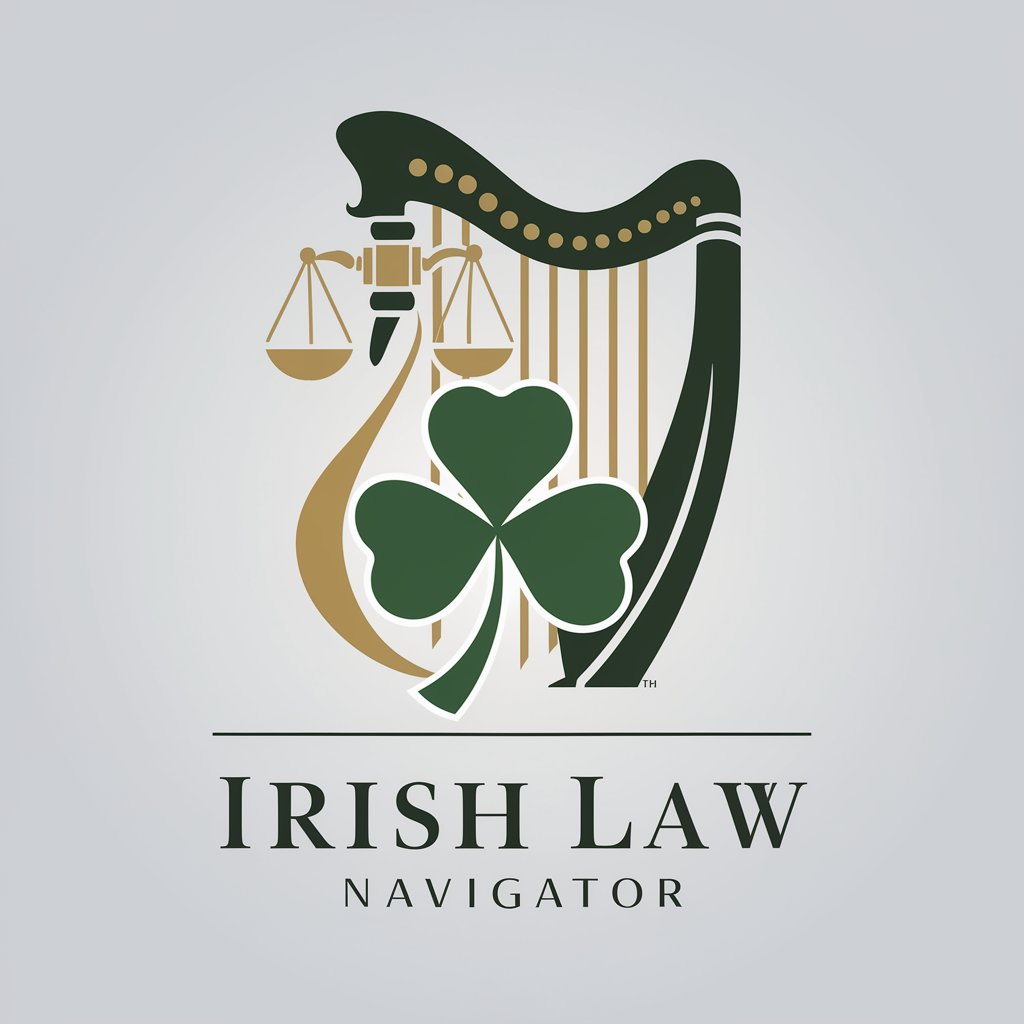
"Avocate - lawyer "
Unlock Legal Insights with AI

Slovak Citizen
AI-Powered Slovak Legal Assistant

👨⚖️ Legal Eagle's Insight Tracker 🦅
AI-Powered Legal Insight Engine

"Avocat - Mwanasheria"
Empowering legal decisions with AI

"Advocat personal"
Empowering Legal Decisions with AI

Securities attorney
Navigate securities law with AI-powered expertise

Legal Analyst
Empowering Legal Insights with AI

Key Attributes and Functions
AI GPTs for Case Law boast unique features designed to cater to the legal field. These include natural language processing capabilities for understanding complex legal jargon, the ability to generate coherent and relevant legal texts, and advanced search functions that go beyond simple keyword matching to understand the context and relevance of legal cases. They also feature adaptive learning, allowing them to improve over time with more data, and can be customized to focus on specific legal areas or jurisdictions, offering precision and efficiency in legal research.
Who Benefits from Legal AI Tools
These AI tools are invaluable to a wide range of users within the legal sector, including law students, legal researchers, practicing attorneys, and judges. They offer an accessible entry point for novices seeking to understand legal precedents and case law basics. Simultaneously, they provide powerful customization options for developers and legal professionals looking for advanced analysis and research capabilities, thus supporting a broad spectrum of legal tasks.
Try Our other AI GPTs tools for Free
Legal Commentary
Unlock the potential of AI in the legal field with GPTs for Legal Commentary. Tailored solutions for professionals and novices alike, offering insights, analysis, and document generation.
Q&A Generation
Discover the power of AI GPTs for Q&A Generation, offering precise, adaptable solutions for all your question-and-answer needs.
All Skill Levels
Discover AI GPTs for All Skill Levels: Tailored, versatile AI tools designed to simplify complex AI technology, making it accessible and beneficial for everyone, regardless of expertise level.
Content Creator
Discover how AI GPTs revolutionize content creation with adaptable tools for writing, image production, and data analysis, making high-quality content accessible to all.
Authority Exploration
Discover how AI GPTs for Authority Exploration can transform your access to reliable, expert-verified information across any domain, simplifying complex research and analysis tasks.
Control Examination
Discover how AI GPTs for Control Examination enhance operational efficiency, compliance, and security through advanced data analysis and tailored solutions.
Expanding the Horizons of Legal AI
AI GPTs for Case Law not only simplify legal research and documentation but also pave the way for innovative applications in predictive legal analytics and decision-making support. Their user-friendly interfaces and integration capabilities with existing legal databases and systems make them a transformative tool in the legal sector.
Frequently Asked Questions
What exactly are AI GPTs for Case Law?
AI GPTs for Case Law are specialized AI tools designed to assist with legal research, document drafting, and analysis by leveraging the capabilities of Generative Pre-trained Transformers tailored for the legal domain.
How can AI GPTs improve legal research?
They enhance legal research by providing accurate and contextually relevant search results, understanding complex legal language, and generating summaries or analysis of legal cases, thus saving time and improving efficiency.
Are AI GPTs accessible to those without coding skills?
Yes, many AI GPTs for Case Law are designed with user-friendly interfaces that require no coding knowledge, making them accessible to a wide range of users including students and legal professionals.
Can these tools be customized?
Absolutely. AI GPTs for Case Law offer customization options for those with programming knowledge, allowing users to tailor the tool's focus, language, and analysis capabilities to suit specific needs.
Do AI GPTs for Case Law understand different jurisdictions?
Yes, many of these tools are designed to adapt to various legal jurisdictions, understanding the specific legal terminology and nuances of each.
Can AI GPTs draft legal documents?
AI GPTs are capable of drafting a range of legal documents, from contracts to court filings, by generating text based on inputs and existing legal formats.
How do AI GPTs stay updated with new case laws?
These tools continuously learn from new data, including recent case laws and judicial opinions, to stay current and provide the most relevant information.
What makes AI GPTs for Case Law different from traditional legal research tools?
Unlike traditional tools that rely on keyword searches, AI GPTs understand the context and nuances of legal language, offer predictive text generation, and adapt to users' needs over time, providing a more efficient and nuanced research experience.